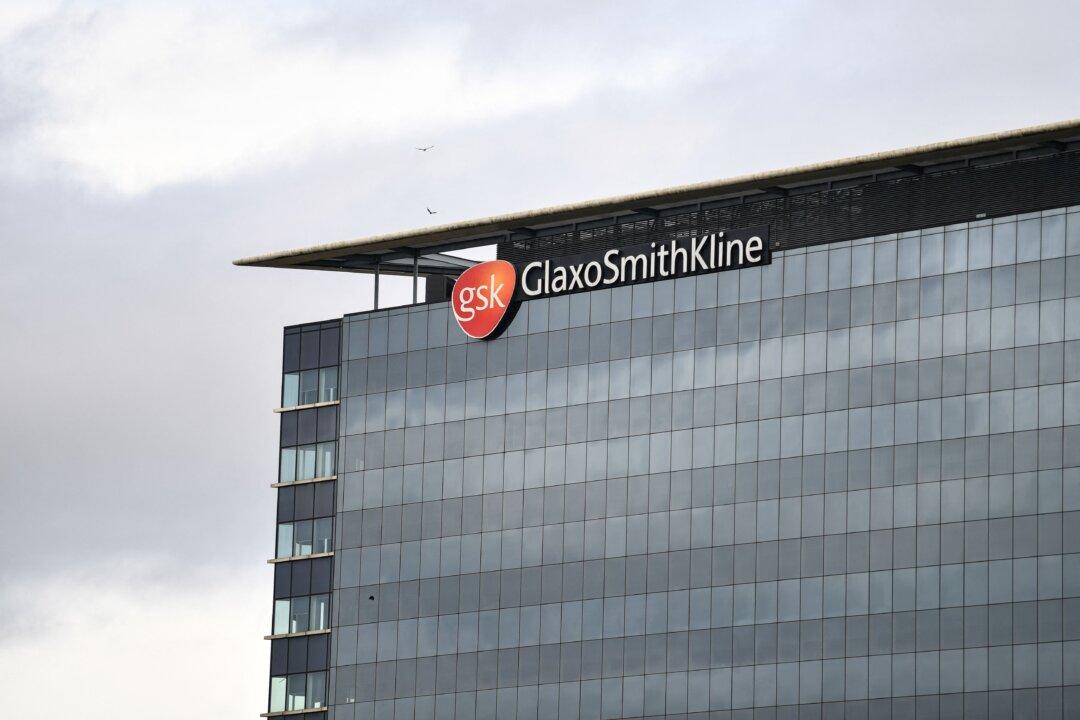Business Analysis
The year 2025 may turn out to be a good one for mergers and acquisitions (M&A). Two weeks into the new year, merger activity is picking up steam. After the surprise announcement of the mergers between JCPenney and Sparc Group and between Constellation and Calpine last week, GSK and IDRx followed suit on Jan. 13, adding cheer to otherwise gloomy financial markets.





